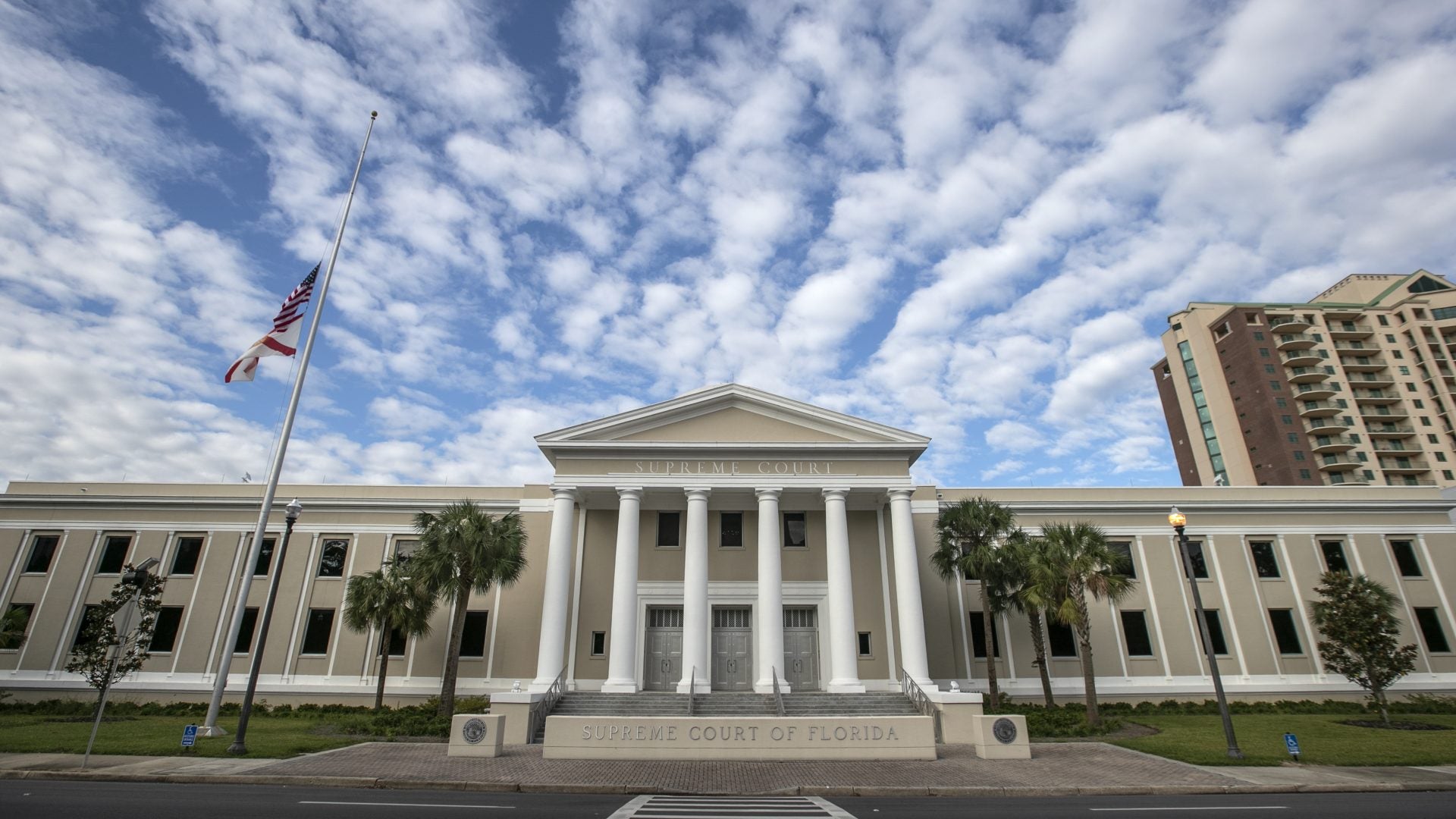
The Florida Supreme Court ruled on Monday that a six-week abortion ban can take effect. The ruling allows “one of the country’s strictest and most far-reaching abortion bans to go into effect in 30 days.”
When Republican Governor of Florida Ron DeSantis, signed a 15-week abortion ban into law in 2022, it was almost immediately subject to a court challenge. The following year in April, DeSantis signed a 6-week abortion ban, which was subjected to the same fate as the year before and challenged in court.
Per the high court justice’s ruling this week, “The Florida Constitution guarantees ‘the right to be let alone and free from governmental intrusion into…private life.’…In this case, we are asked to determine if there is a conflict between the rights secured by this provision and a recently amended statute that shortens the window of time in which a physician may perform an abortion.”
“[W]e conclude there is no basis under the Privacy Clause to invalidate the statute. In doing so, we recede from our prior decisions in which—relying on reasoning the U.S. Supreme Court has rejected—we held that the Privacy Clause guaranteed the right to receive an abortion through the end of the second trimester,” the opinion continued.
When Republican Governor of Florida Ron DeSantis, signed a 15-week abortion ban into law in 2022, it was almost immediately subject to a court challenge. The following year in April, DeSantis signed a 6-week abortion ban, which was subjected to the same fate as the year before and challenged in court, NBC News reports.
This is a departure from 34 years of past precedent, “having eliminated two-thirds of the time – 18 weeks – that woman has to decide whether to have an abortion.”
Justice Jorge Labarga, the only one opposed to the 6-1 decision, wrote a 30-page dissent, countering: “I am convinced that in 1980 (when voters approved the privacy provision at issue as its own amendment), a Florida voter would have understood that the proposed privacy amendment included broad protections for abortion.”







Labarga wrote that there’s “substantial evidence that overwhelmingly supports the conclusion that the public understood the right of privacy to encompass the right to an abortion…the dominance of Roe in the public discourse makes it inconceivable that in 1980, Florida voters did not associate abortion with the right of privacy.”
In a separate decision which was handed down at the same time, the judges also ruled 4-3, that voters can chime in at the ballots later this year, and vote on a constitutional amendment that would guarantee access to abortions in the state.
“In paving the way for the six-week ban, the court cemented the rapid transformation of Florida, once a destination for women seeking abortions in the American South, into a place with restrictive policies akin to those in surrounding states,” The New York Times reports.






